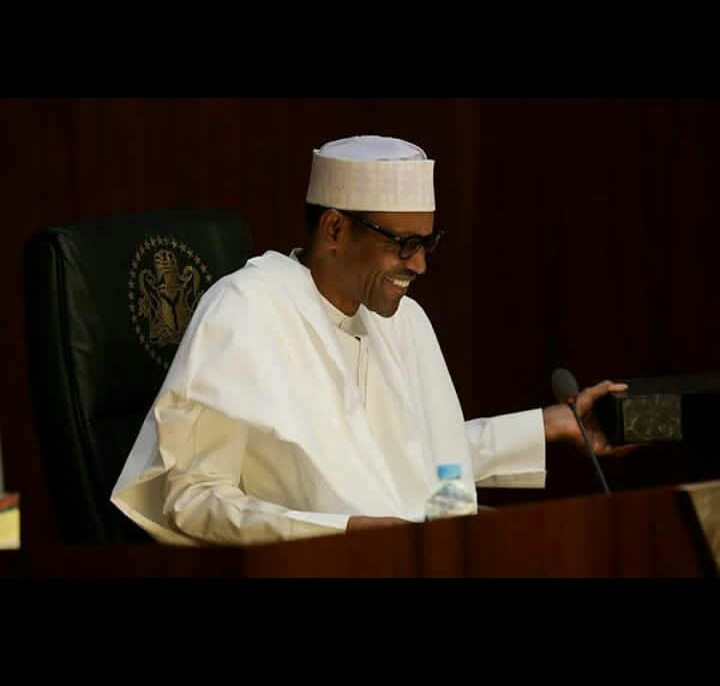President Muhammadu Buhari has set ambitious targets for a national broadband network to harness the potential of the internet and digital access for jobs, education, healthcare, identity management and to increase productivity in the public sector.
To this end, the Nigerian Communications Commission (NCC), and the Nigeria Industrial Policy and Competitiveness Advisory Council, chaired by Vice President Yemi Osinbajo, have jointly launched the National Broadband Penetration Programme, a public-private initiative to ensure the deployment of 18,000km of fibre infrastructure to Nigeria’s existing stock of 38,000km of fibre cabling.
The Senior Special Assistant to the President on Media and Publicity, Garba Shehu, stated this at the just-concluded 5th World Internet Conference in Wuzhen, China.
He explained that the “goal is to, within four years, provide fibre connectivity to all 774 Local Government Areas of Nigeria. Government’s role is to provide the right licensing framework as well as the necessary subsidies to encourage investment.”
He revealed that two additional infrastructure companies have been licensed in 2018, to roll out broadband infrastructure in Nigeria.
“Together with previous licensees, and other private sector players, these companies will help implement the Government’s vision of total national broadband connectivity,” he said.
The Senior Special Assistant to the President told the conference that Nigeria’s Social Investment Programme, including the N-Power Youth Employment Scheme, has provided 500,000 beneficiaries with electronic tablet devices for learning and self-development.
“Another aspect of the N-Power focuses on training young software engineers and coders,” he said.
The presidential aide further told the international gathering that the Buhari administration has begun the development of “Technology & Innovation Hubs” across the country, in partnership with the private sector, adding that a total of eight these hubs are planned across the country, with four already functional.
He also spoke about partnerships between the Nigerian Government and Facebook, Google, and Huawei to roll out high-quality Internet across the country, adding that the recently established Technology Advisory Body chaired by the Vice President will provide support to tech companies and initiatives.
He specifically thanked Chinese Companies like Huawei for being supportive of the Nigerian Government’s efforts at digital inclusion and expanding access.
The Senior Special Assistant to the President lauded Huawei for sponsoring Nigerian students for ICT training in China, recalling that in 2016 the company opened a Technology Hub, the Huawei Innovation and Experience Centre, in Lagos with a pledge to train 12,000 Nigerians, including 2,000 civil servants.

Finding the Right Immigration Solicitor… […]below you’ll find the link to some sites that we think you should visit[…]…